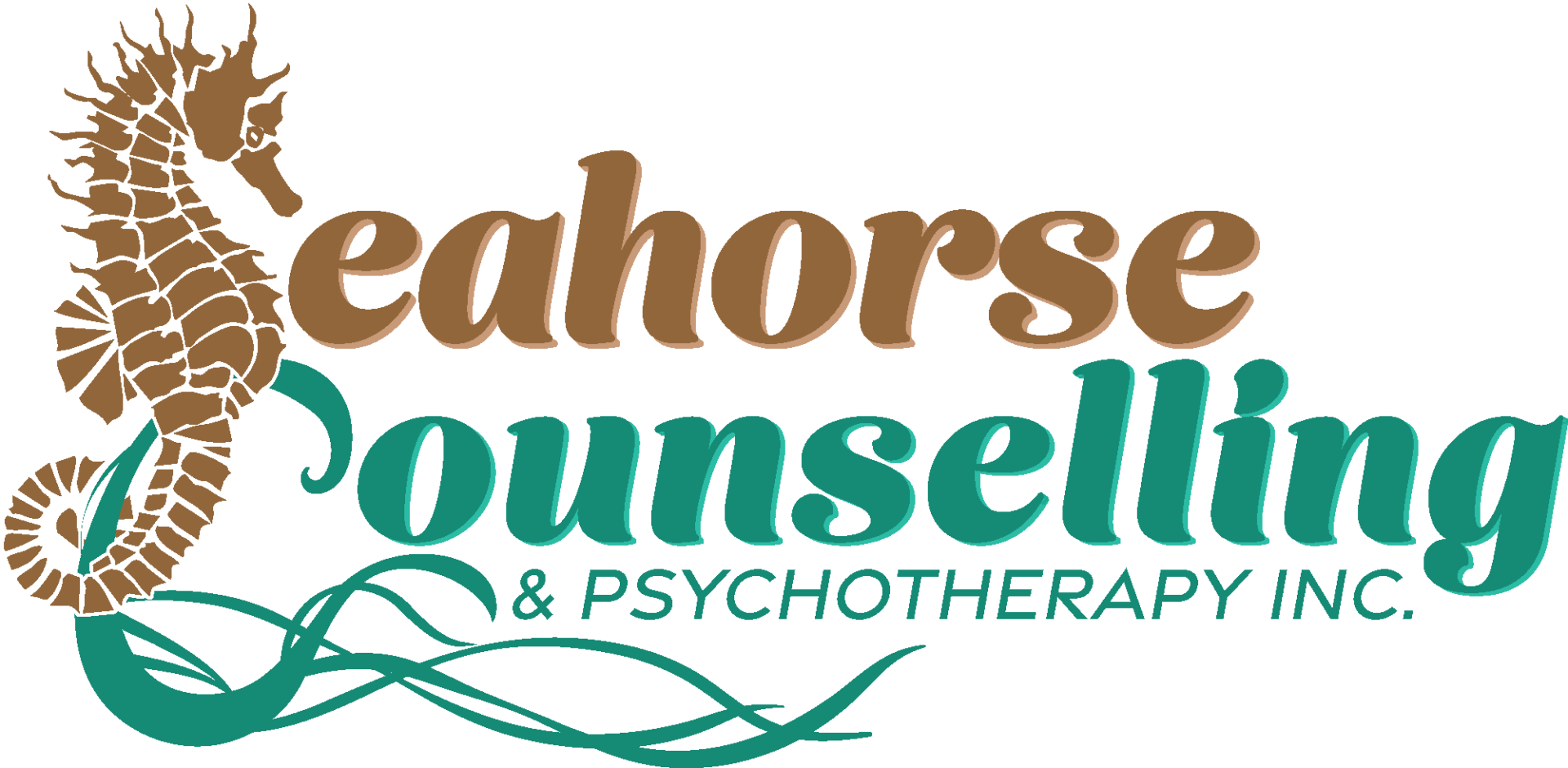With Kate Pinsonneault, RCC-ACS
Adolescence is a time of profound physical, cognitive, psychological, hormonal, and social changes for our teens. During this time of development, they are discovering who they are becoming and where they belong. It is a time when they need to explore, have new social experiences, challenge childhood beliefs, and decide what feels right for them, independent of their parents.
But as they are going through this turbulent time, they are functioning with a brain that is not yet fully developed. A fundamental restructuring and reorganization of the brain takes place from puberty to age 25.
Because brain development is a bottom-up process, the last part to develop is the prefrontal cortex. This part of the brain is responsible for problem-solving, planning, organizing, prioritizing, considering consequences, impulse control, etc. It is the last to mature. This puts teens in a vulnerable situation and can lead them to do things without the ability to think it through.
When you ask, “Why did you do that?” Or “What were you thinking?” and your teen replies “I don’t know,” they really don’t know. That part of their brain that is able to evaluate the situation, think ahead, consider consequences, etc. is literally not online. Research shows us that decision-making in adolescents is driven by the emotional part of the brain, the amygdala. Teens will impulsively act on what feels good in that moment.
They are also susceptible to what their peers might say or do. This is a time when fitting in and being connected to friends is really important, so they may go along with others, even if they know they shouldn’t. This is because they are more likely to act on what will make them feel comfortable with their peers at the moment.
Because their rational brain is not fully developed, teens are not able to think things through or consider consequences, and because their emotional brain is in the driver’s seat, they will be more impulsive, more reactive, and more easily swayed by their peers.
But other parts of the brain are also working with the amygdala affecting your teen’s behaviour. The parts of the brain that are actively driving teen behaviours are:
- sensorimotor (physical activity and sensations),
- limbic system (the part of the brain that processes emotions, memories, thoughts and motivations, to tell your body how to respond)
- reward systems
And they throw in hormonal changes and sexual development and you can see why teens need their parents to help navigate all that is going on. Without a functioning rational brain, teens are vulnerable. They are consistently in a high-risk group for accidents causing injury or death, car crashes, unintended pregnancies, drug overdoses, etc. They are experimenting, motivated by what feels good in the moment, and often influenced by their peers who also don’t have a functioning rational brain. They may seem mature and able to understand things but when it comes to acting in the moment, their decision will be based on an emotional response in a given situation.
For them to be able to make smart and safe decisions, they need an adult who can help them think things through, consider consequences, and make informed decisions. Being open, accepting, and listening without judgment or criticism is important. They need your help to figure out how to have the outcomes they are hoping for. Creating clear boundaries and safety rules with your teen and reviewing these periodically to make adjustments as needed can also be helpful. Keep the lines of communication open, know they are going to do things that make no sense, and help them think things through because they can’t do that for themselves.






